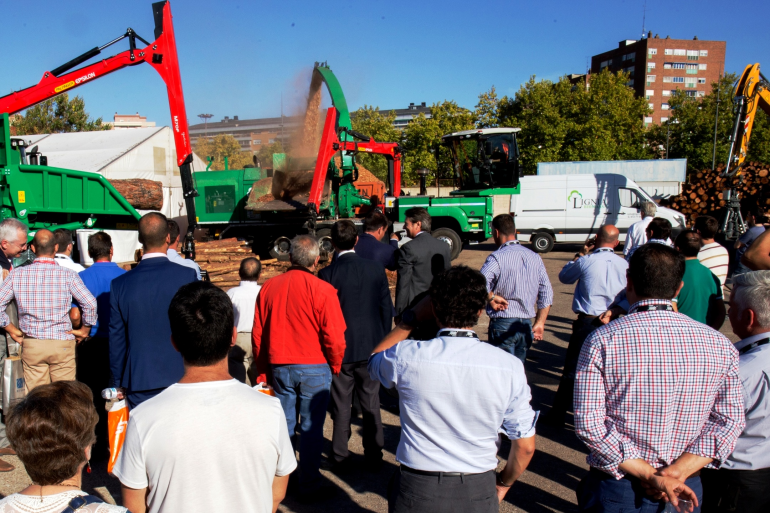The new stoves and boilers of biomass have experienced a very important growth in recent years, for a fundamental reason: the significant economic savings that this solution represents compared to spending on fossil fuels, or the high cost of electricity, since biomass represents a considerable saving for families, companies and the administrations themselves.
The forestry sector in Spain, as is already happening in Europe, sees with good eyes that an increase in the sustainable consumption of biomass helps to mobilize much more wood and contribute to overcome the abandonment of the forest. And for the industry and the service companies it is practically impossible to find another energy technology that complies so coherently with the postulates of the Circular Economy, the control of operating costs and the management of by-products.
The traditional use of biomass in Spain is maintained in a large part of rural society, as well as the agri-food and forestry industry. Environment at 12% of energy for heating is generated with biomass. And of that percentage, the 30% corresponds to the new stoves and boilers, more modern, of automatic feeding and technologically advanced that brings clean and renewable energy also to the cities and to the service sector. A figure that barely reached the 8% makes 10 years, according to the information provided by www.observatoriobiomasa.es.
As Expobiomasa has evolved since its inception in 2006, in Spain, the number of high efficiency biomass installations has gone from the 9.600 of 2008 to the 244.197 of 2017. Of these new facilities, the 90% are pellet stoves. The rest are biomass boilers for domestic use, with a power lower than 50 kW (15.755), as well as industrial or collective use (11.336) with powers greater than or equal to 50kW.
